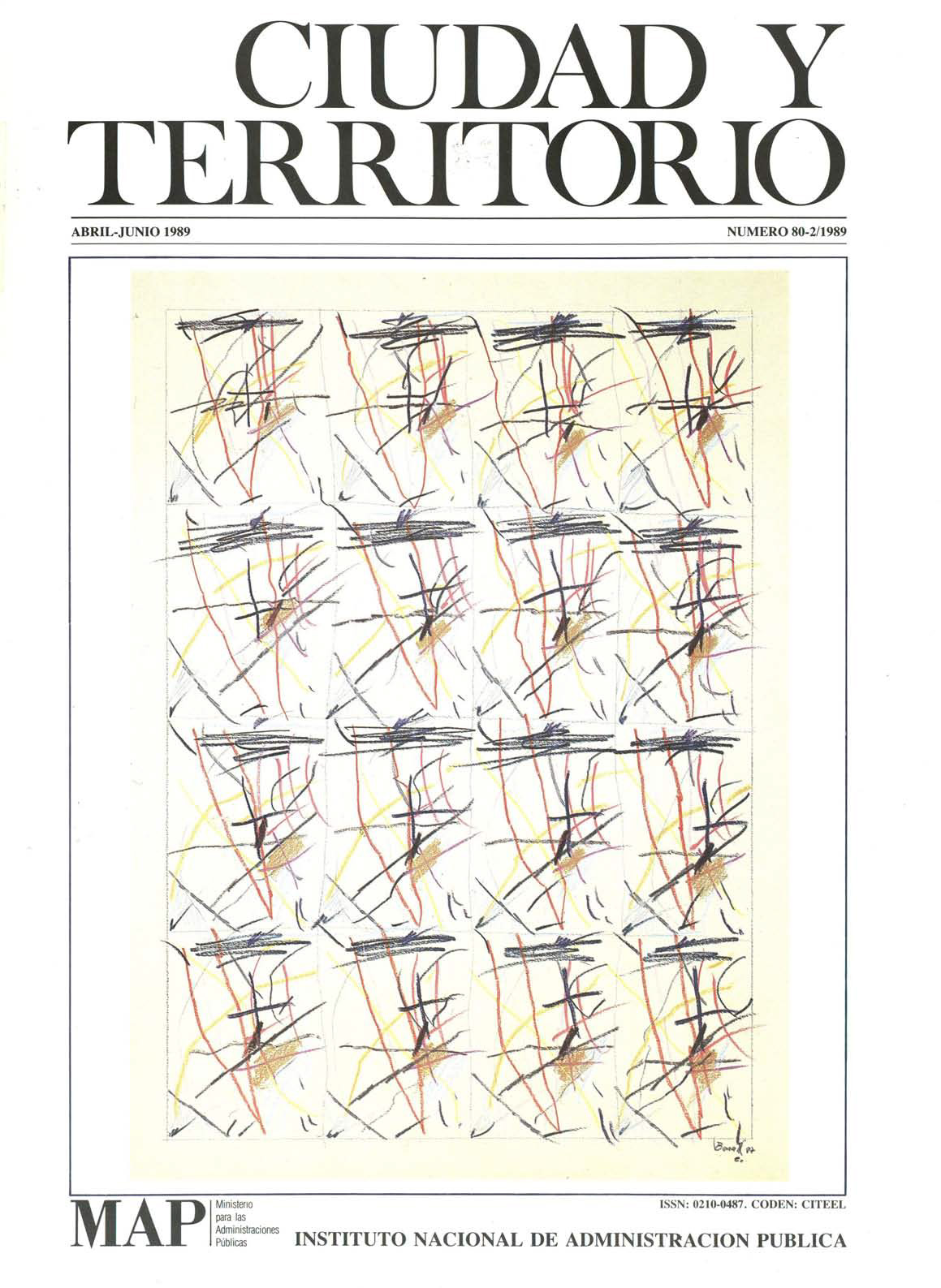The reach and material reality behind those competencies so far assumed by the basque autonomic regional government
Abstract
Those norms that govern this field of incumbencies and obligations are laid out in this article (Statute and Law as to Historical Territorial Entities) and to this there is added a detailed study of the scope of such areas of initiative as are defined as being exclusive. With reference to these last, the problematic nature of the same is here said to reside in «that the scope of such competencies cannot be said to extend its exclusiveness into the bailiwicks of other incumbencies when these latter are themselves of an excluding nature». Thus, that an autonomic regional government give itself exclusive powers within its area as to urbanistic initiatives cannot mean that the State may then not act in either this field or area of its greater sovereignty.
Downloads
Downloads
Published
How to Cite
Issue
Section
License
Copyright (c) 1989 Departamento de Urbanismo, Vivienda y Medio Ambiente del Gobierno Vasco

This work is licensed under a Creative Commons Attribution-NonCommercial-NoDerivatives 4.0 International License.
Considering the provisions of the current legislation on Intellectual Property, and in accordance with them, all authors publishing in CyTET give -in a non-exclusive way and without time limit- to the Ministry of Transport, Mobility and Urban Agenda the rights to disseminate, reproduce, communicate and distribute in any current or future format, on paper or electronic, the original or derived version of their work under a Creative Commons Attribution-NonCommercial-NoDerivative 4.0 license International (CC BY-NC-ND 4.0), as well as to include or assign to third parties the inclusion of its content in national and international indexes, repositories and databases, with reference and recognition in any case of its authorship.
In addition, when sending the work, the author(s) declares that it is an original work in which the sources that have been used are recognized, committing to respect the scientific evidence, to no longer modify the original data and to verify or refute its hypothesis. Author(s) also declare that the essential content of the work has not been previously published nor will it be published in any other publication while it is under evaluation by CyTET; and that it has not been simultaneously sent to another journal.
Authors must sign a Transfer of Rights Form, which will be sent to them from the CyTET Secretariat once the article is accepted for publication.
With the aim of promoting the dissemination of knowledge, CyTET joins the Open Journal Access (OA) movement and delivers all of its content to various national and international indexes, repositories and databases under this protocol; therefore, the submission of a work to be published in the journal presupposes the explicit acceptance by the author of this distribution method.
Authors are encouraged to reproduce and host their work published in CyTET in institutional repositories, web pages, etc. with the intention of contributing to the improvement of the transfer of knowledge and the citation of said works.








 Enlace a CyTET en Linkedin
Enlace a CyTET en Linkedin